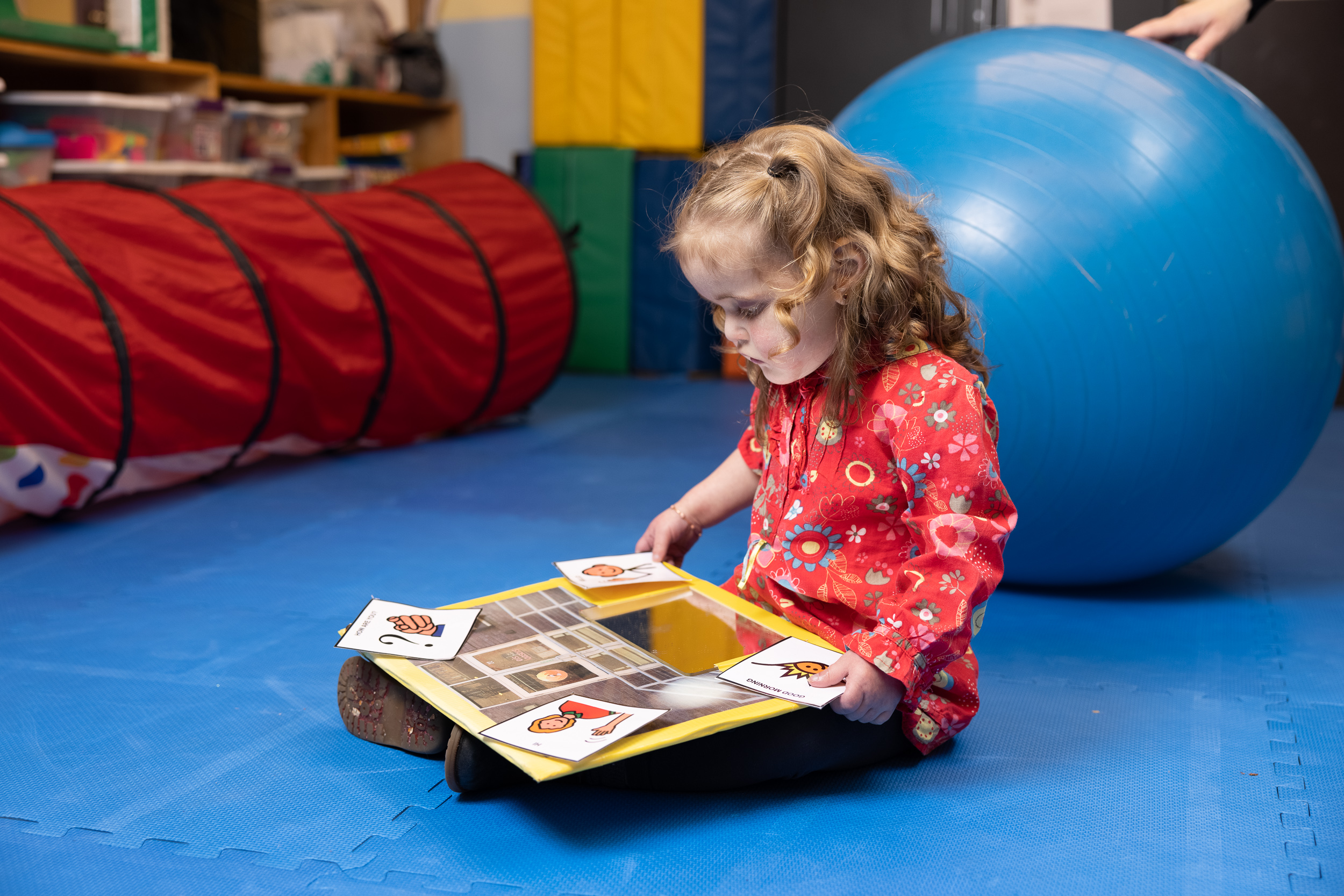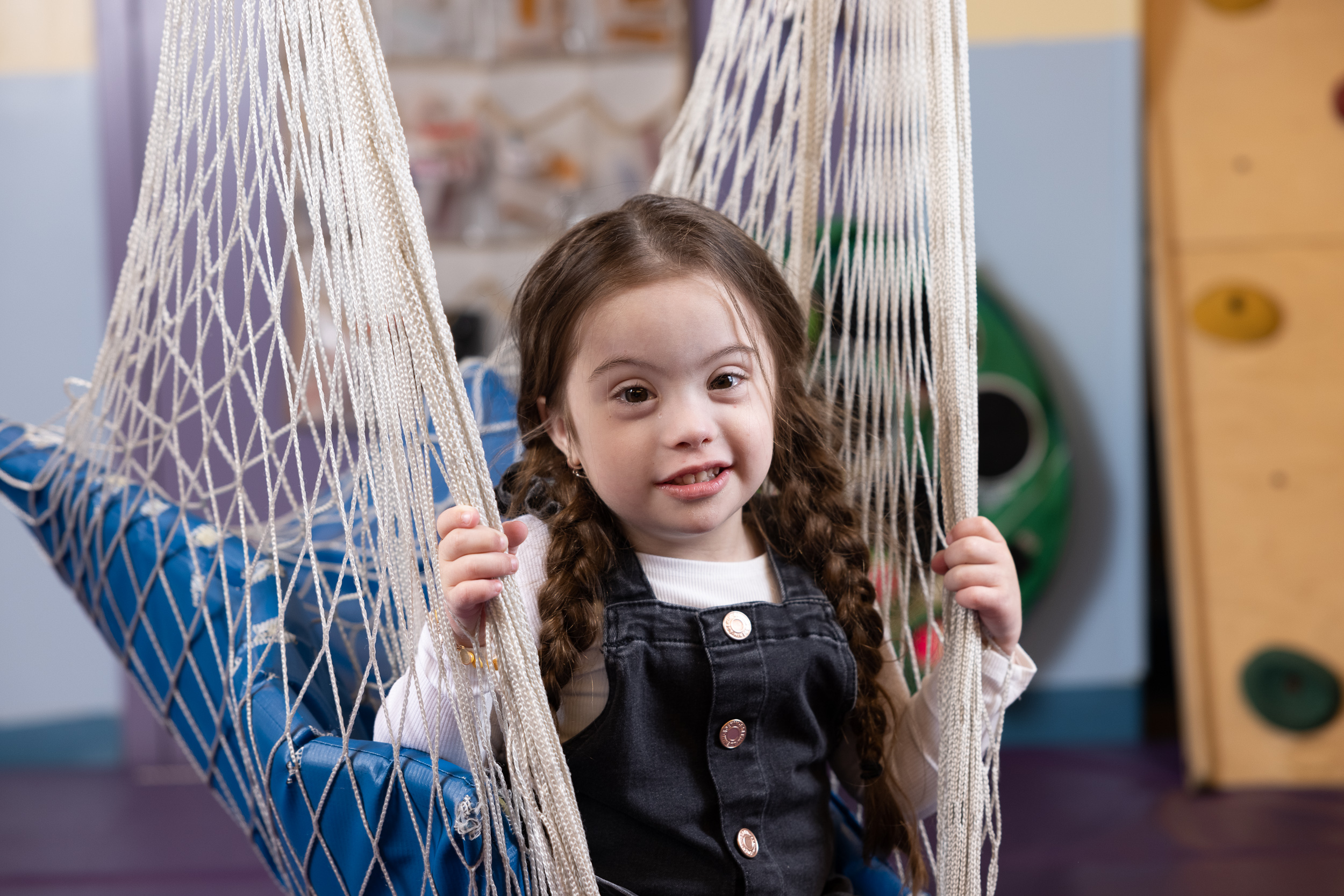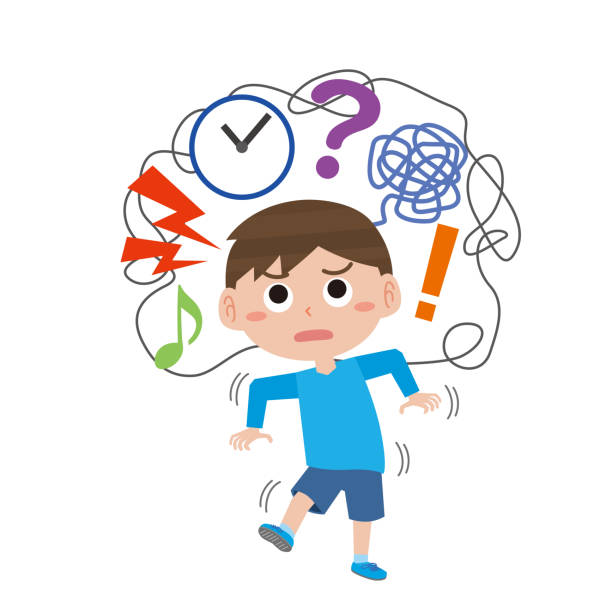
- Physical Therapy
- Speech Therapy
A Question for the Speech Therapist
- December 13, 2024
- 9 Min Read
My 16-month-old son has had frequent ear infections since he was four months old. At a recent visit, his pediatrician noted some fluid in his ear, but not enough to require intervention. I am concerned that this will delay his speech/language acquisition. What are some red flags I should look out for and are there any specific activities I can do to minimize the consequences of his frequent ear infections?
Angela Dadon, MA, CCC-SLP, TSHH Responds:
Ear fluid - infected or not - can have negative effects on speech and/or language development (and general development, sleep, appetite, drooling, balance, behavior). The medical description of 'frequent' ear fluid (chronic Otitis Media with Effusion) is: 3 episodes within a six-month period; more than 4 in a 12-month period; or fluid that persists behind the ear drum for 3 months or longer and causes hearing loss. It's hearing loss - even fluctuating or temporary - that can affect speech/language development for the short or long term; this is what must be monitored and managed. Best practice with frequent/persisting ear fluid is to consult an ENT and bring child to an audiologist for hearing testing AND for recommended follow up. There is no reliable 'Do-At-Home' hearing test and observing that your child hears (startles, turns when name is called, dances to music) is not necessarily evidence that he hears well enough for effective speech and language learning and functioning.
Minimize consequences by identifying/addressing associated hearing loss early and work to limit recurring infections as possible. Never let your child bottle drink while flat on his back. Hold or prop up in at least a 45 degree angle. Wean older children from bottles and pacifiers and promote other good oral and hand hygiene practices to limit colds (so germs don't have as many chances to migrate to, and there's less chance of mucus clogging, the ear canals). Never expose your child to second-hand or third-hand smoke. Rule out contributing factors that can compromise the immune system, like allergies and sensitivities. Rule out or treat reflux. Identify structural differences - cranial, ear canals, tonsils/adenoids, palate - that can make some children more susceptible to problems with their ears. Fluid in both ears is more serious, but one involved ear is not without developmental risk either. Most cases of otitis media resolve within 4 to 6 weeks on their own, but shouldn't be ignored because chronic fluid can lead to permanent hearing loss. Chronic OME may become typical for a child, but it's never a 'normal' ear condition.
Red flags for even mild hearing loss might be that your child struggles to hear faint sounds, distant sounds, and/or has difficulty hearing in noisy environments. You might notice that your child stops progressing, or even loses speech/language skills, increased sensitivity to noises, and/or variability in your child's attention/responses. Make sure your child is looking at you - and you at your child - when you speak. Speak naturally in full, simple sentences appropriate to your child's developmental level. Repeat as needed if it helps. Use supporting gestures and minimize background noise. Bring your child for a speech-language assessment if delays persist or worsen after your doctor says fluid has cleared and audiologist finds normal hearing results; if fluid/infections with hearing loss persists; if hearing loss remains after ears are fluid-free; or whenever you have serious concerns about your child's communication skills.
About Angela:
Years in the field: 29
Years at Eis Laasois: 28
Current position at Eis Laasois: Speech-Language-Feeding Department Head/Clinical Supervisor
Angela Dadon, MA, CCC-SLP, TSHH is a pediatric Speech-Language Pathologist with over 40 years' experience treating, and consulting with families of, children with neuro-sensorimotor and other developmental diagnoses from birth through teens. She earned a BA in Speech-Language Pathology with a minor in Education, Summa Cum Laude, from Pace University and an MA from New York University. She is ASHA Certified and licensed to practice in New York State. Post graduate/continuing education is varied, ongoing and has included, NDT Pediatric (8-week certification course), iLs training, PROMPT training, and LSVT Loud training. Her work experience has included: Supervisor at United Cerebral Palsy Brooklyn Campus; private practice; Early Intervention home care; Teletherapy; in-service presentations; and feeding consultations for early childhood programs. During ten years as Adjunct Assistant Professor in the Department of Speech and Drama at Pace University, she taught Voice and Diction, Public Speaking and Language Development. She has worked within the Williamsburg Infant and Early Childhood Development Center (Eis Laasois) programs for a total of 28 years where she is the Speech-Language-Feeding Department Head/Clinical Supervisor. She treats, supervises and consults in both the Williamsburg and Borough Park locations. Specialty areas include feeding and swallowing assessment and intervention with newborns, infants and young children; speech development for children with neuro-sensorimotor challenges; language development and functional communication; and supervision/staff development.
Read more articles

Augmentative and Alternative Communication at Eis Laasois By: Devora Szanzer, M.S, SLP-CCC, C/NDT
- 02/03/2025
- 15 Min Read

Physical Intervention for Children with Down Syndrome By: Joan Katz, DPT
- 01/21/2025
- 12 Min Read

Additional Therapy: is more always better? By: Shaindy Rapps, OTR, SBL
- 01/13/2025
- 12 Min Read